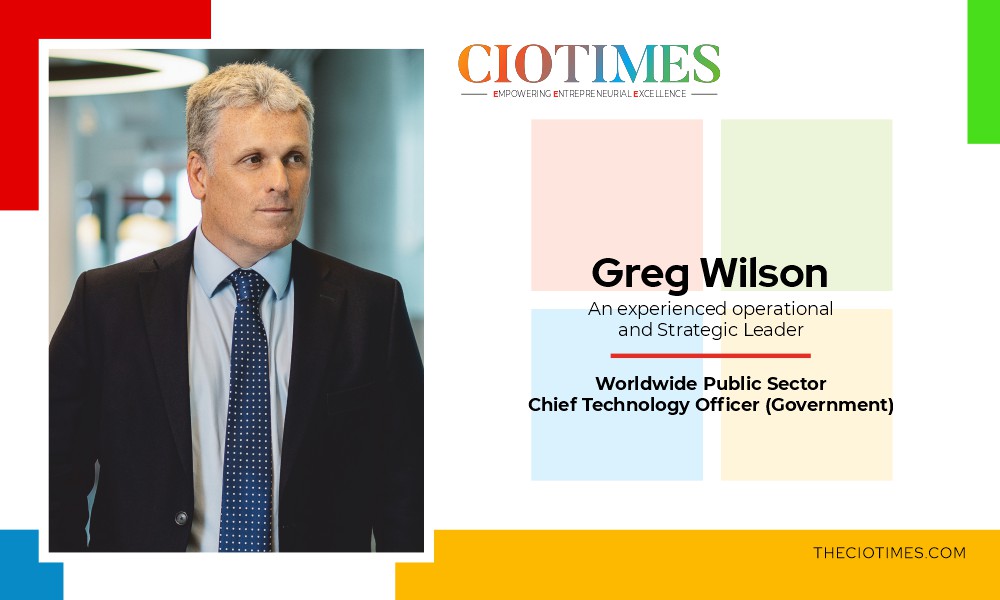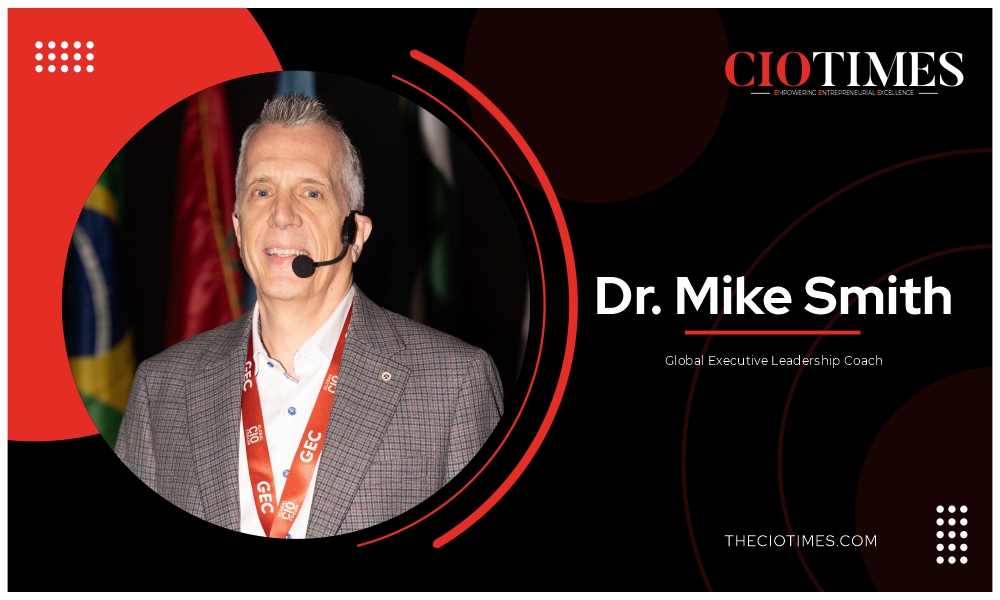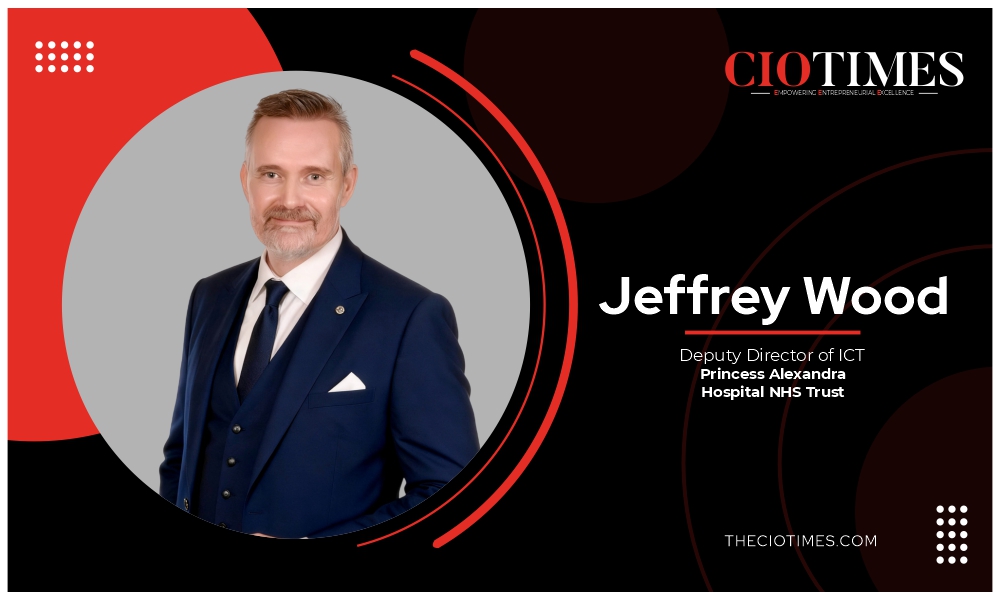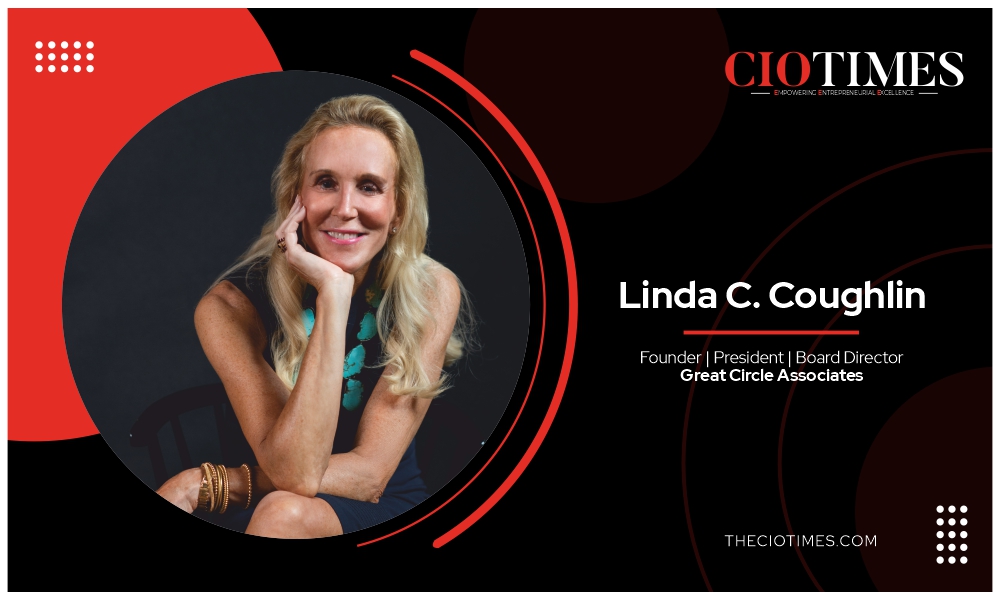Innovative and dynamic Senior Digital Leader, Greg Wilson has an extensive operational CIO/CEO/CTO background in Public Sector Government, National Security, and Defence.
He started his professional journey as a commissioned officer in the British Army with the Royal Corps of Signals, where he was responsible for delivering IT, Cyber, and Telecommunications capabilities to every part of the Army and the Joint Force. During his time in the military, Greg specialized in procurement and digital technology. He also continued with his studies and gained a bachelor’s and master’s degree in computing, became Chartered in IT, Engineering, and Management as well attending the Advanced Management Programme at Harvard Business School. Whilst in the military, he was deployed on operational tours around the world and ended his career in the Army HQ (Headquarters) responsible for digital transformation and delivery of digital technologies.
Throughout his career, Greg has had the opportunity to lead transformational efforts from a sub-unit perspective all the way up to the pan-Army level as a Brigadier General. He has thrived in environments that involve identifying and solving various wide ranging from thorny concerns to, and at times, politically sensitive and complex issues. He has enjoyed solving ambiguous problems and devising ways to drive positive impact. These collective experiences have also contributed to the success enjoyed in his current role at Microsoft, where he helps Governments pursue their digital journeys to the Cloud and, more recently, with AI to help address some of society’s biggest challenges.
Cherishing Leadership
Greg’s working style is one where he works directly with customers along their digital transformation journey and partners with them on how to innovate and bring resolution to existing problems. He enjoys leading and shaping solutions. He regularly engages with employees which allows him to know people, their strengths, weaknesses, and how they can add value to the team. In global roles, it helps with building an inclusive space that is diverse and accommodating of others, especially given the inherent cultural differences that exist in the world today. “Fairness, trust, and integrity are key traits for me in leaders and have underpinned my approach in both the military and Microsoft,” he says.
Throughout his career in both public and private sectors, driving transformation/entrepreneurship by inspiring and motivating teams towards a collective goal is something Greg finds rewarding and shapes his work ethic. At the same time, he enjoys coaching and mentoring teams to grow their technical skills and understanding. “It goes without saying that within a global role, the various time zones drive my working patterns. That said, it is the global aspect I most enjoy as I get to work with people from diverse cultures and nationalities,” he shares.
Facing Challenges and Taking Tough Decisions
The biggest challenge Greg faced was in the military while taking his Regiment of 1500+ on operations. The responsibility of ensuring that the soldiers under his command were well trained for combat drives the pace before they were deployed. The next aspect which comes with the heavy weight borne of operational command, was ensuring they all delivered on the mission when deployed. “I was fortunate that I had an excellent, collegiate, and highly skilled Regiment so despite the challenges and demands asked of us, the Regiment performed superbly. When I reflect on the decisions, I made in command I am thankful for the training I received and both the trust and support of both my superiors and the soldiers in my charge,” he says.
Preparation, intensive training, and planning, as well as collaboration, were key for him to overcome challenges. Drawing a parallel with the industry, he says that the response to challenges possesses similar underlying traits – how you build and prepare an inclusive team to consistently deliver the desired outcomes requires intentional investment in preparation, training, strategy, and then teamwork to execute successfully in an accountable and trusted manner.
Tough decisions, says Greg, typically take place when it impacts people adversely. As he has been responsible for several transformation programs and organizational restructuring, he has witnessed the significant impact it can have on people’s families and lives. However, achieving the most ideal outcome by doing the right thing, and not necessarily the easiest thing, does take making those tough calls and focused prioritization. To ensure the decisions are the best possible for a situation ensuring understanding of the issues, detailed planning, discussion of options and sensitive execution is key. “The toughest decisions I have made have generally been around reorganizations where jobs are lost yet we have had to adapt to keep our competitive edge and evolve with technology,” he shares.
Being with Microsoft
For Greg, it is three things – the Culture, the People, and the leading technological advancements at Microsoft. The balance of these three points, per him, makes Microsoft a great organization. One that he is privileged to work in. The CEO Satya Nadella has charted a hugely successful course that has transformed Microsoft and driven a persistent quest for creativity, relevance, and collaboration. The collective efforts have turned it into a company that helps businesses and Governments to achieve their goals and missions. “Under our cultural renaissance and our one Microsoft approach, we are leading the AI Era. It’s truly an exciting time to be part of Microsoft,” confesses Greg.
Microsoft has won several awards for its technology and is globally recognized as a Technology Leader across many digital areas. Its key technology areas are Cloud Computing, AI, and Data & Analytics services that empower people and organizations to achieve more. Microsoft is a consistently recognized leader across a raft of Gartner Magic Quadrants. Greg, on a personal note, has been awarded military operational service medals, business leader and Industry Project Manager Awards and promotions which is always nice to receive as well as professional accreditation and recognition of his skillset. However, whilst individuals, and the leaders you report to, receive awards, he believes it is always the team that has worked with him and helped deliver the solution that truly warrants the award and is equally deserving of recognition and reward as a leader he ensures that all receive the requisite recognition, where appropriate.
Being an Efficient Decision Maker and Leader
When stuck on a decision, Greg generally consults to get more information and uses trusted mentors to try to step away from being too close to the problem. That way, he can approach it more holistically and strategically as well. He also asks himself if he really needs to make the decision now or if can he sleep over it. What is the time imperative? Either way, he suggests, one should not prevaricate, and when ready to make the decision, he aims to create clarity (which is one of Microsoft’s leadership principles) and underpin the decision with the logic behind it.
Speaking about micromanagement, he says that empowerment is the key to unlocking innovation and creativity in people. In the military, he learned the mission command method. In essence, the premise is – to set the objective (the what), reinforce the rationale (the why), and empower individuals and the team to determine the plan (the how). At Microsoft, it is equally true, and the teams and individuals are empowered and supported to determine how best to deliver success based on the corporate strategy. To help support this empowerment, clear roles, responsibility, and accountability; as well as feedback mechanisms and guard rails are required to achieve a shared objective.
Looking Forward to an Exciting Future
Since joining Microsoft, initially on the National Security team, and then lately on the Public Sector Government Leadership team, Greg’s key achievements have been the transformation to focus on worldwide Government requirements, including helping them migrate off legacy technology (for customers that use on-premises and air-gapped infrastructure) to the hyperscale Microsoft Cloud. The transition to the Cloud is a foundation for Governments that aim to deliver the much-needed and to be fair now the expected level of digital services for their nations. Reducing technical debt for Governments and empowering them to leverage cutting-edge capabilities from Microsoft and its partners, to unlock the benefits the revolution of AI has brought, is what Greg is proud to evangelize to achieve exponential benefits with Governments around the world.
Looking into the future, Greg believes that AI will impact everyone and the creativity it will drive as we go forward with new markets and technologies is something to look forward to. Two noteworthy technologies coming to the market now are Microsoft Copilot and Microsoft Fabric. Copilot combines the power of large language models (LLMs) with an organization’s data – all in the flow of work – to convert users’ words into one of the most powerful productivity tools on the planet. It works alongside well-known Microsoft 365 apps such as Word, Excel, PowerPoint, Outlook, Teams, and provides real-time intelligent assistance, enabling users to enhance their creativity, productivity, and skills. The other game changer is Microsoft Fabric which unifies data sources. Fabric is the future. Fabric runs entire data estates: departmental projects as well as the largest data warehouse, data lake houses, and data science projects. It unifies data for the AI era.
“There are genuinely exciting times ahead. This provides so much potential to work with Governments to rapidly improve productivity and services. This is the stuff that gets me out of bed every morning to help influence our work that makes a difference in people’s lives,” concludes Greg.




